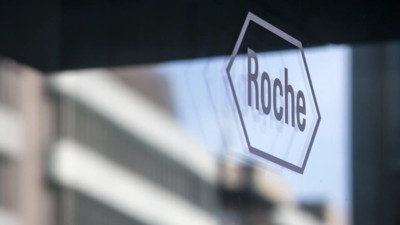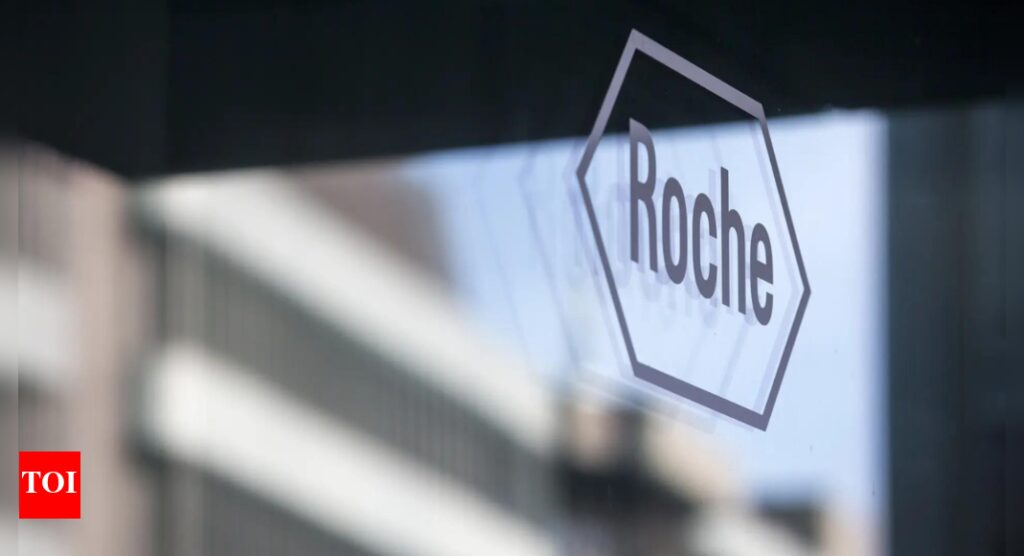
Swiss pharmaceutical giant Roche announced Tuesday it will invest $50 billion in the United States over the next five years, amid escalating uncertainty caused by President Donald Trump’s trade policies.
The move follows a similar decision by rival Novartis, which recently committed to a $23 billion US investment, news agency AFP reported.
The US market is critical to Roche, accounting for over half the revenue of its pharmaceutical division. The company’s latest investment will strengthen its US footprint with expansions in manufacturing, distribution, and research.
Roche said the investment will create more than 12,000 new jobs, including around 6,500 in construction. Key sites in Kentucky, Indiana, New Jersey, Oregon, and California will be upgraded or expanded to support the company’s innovative medicines and diagnostics. A new R&D center focused on artificial intelligence will also be established in Massachusetts.
“Today’s announced investments underscore our long-standing commitment to research, development, and manufacturing in the US,” said CEO Thomas Schinecker. “These $50 billion investments over five years will support the next era of innovation and benefit patients globally.”
Roche currently employs over 25,000 people across 24 sites in eight US states. Once the new facilities are operational, the company expects to export more medicines from the US than it imports.
The announcement comes as the US government launches national security investigations into pharmaceutical imports, alongside probes into semiconductors and chip-making equipment. While drugs initially enjoyed tariff exemptions, growing trade tensions have cast doubt over the future.
“Whether these investments were planned before the new administration is beside the point,” said Stefan Schneider, an analyst at Swiss investment firm Vontobel. “They may help Swiss pharma avoid further tariffs, which could severely disrupt global drug supply chains and threaten patient care.”
Despite the strategic announcement, Roche shares dipped 0.6% in late morning trading, in line with the broader Swiss market decline of 0.8%.












